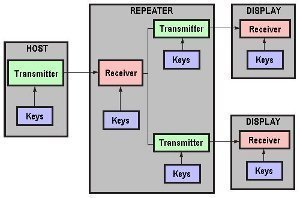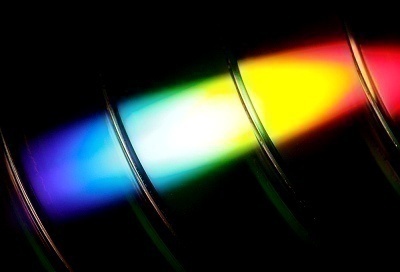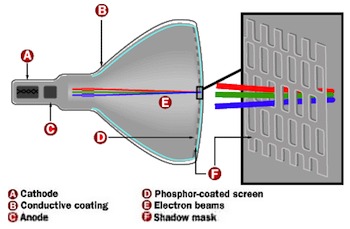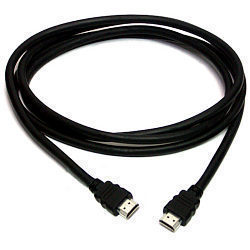High-Bandwidth Digital Content Protection, also known as HDCP, is a newer form of Digital Rights Management (DRM) that was designed to control digital video and audio content. The technology was originally created by Intel to ensure that digital audio and video travelling across a Digital Video Interface (DVI) or High-Definition Multimedia Interface (HDMI) would follow the various guidelines put forth by the Digital Content Protection group.
What Is Required Of An HDCP Capable Device
In order for a product to claim that it is HDCP capable, it must have a license with Intel's subsidiary company, the Digital Content Protection group. All makers of HDCP capable devices have to pay various licensing fees and prove that their devices will not violate any of the policies given to them under the rules set forth by Digital Content Protection. Furthermore, any product which obtains a license under Digital Content Protection must agree that should the HDCP guidelines be broken, the digital video quality from the device will be reduced or the digital video will not be able to play.
Some of the rules currently stated by the HDCP contract require that such HDCP capable devices are unable to make any copies of the content which they can play. Furthermore, HDCP capable devices cannot have any design specifications which may work to defeat any of the HDCP content protection requirements set forth by the Digital Content Protection group.
Playing High Definition Videos Without Proper HDCP Equipment
If a person wishes to watch a high definition movie which requires some sort of HDCP environment, everything must be HDCP capable in order to view the movie in its fullest quality. In the case of watching a high definition digital video disc such as HD-DVD on a television, all of the electronics in the physical connection path must be HDCP capable. If this is not the case, the high definition movie may only play with the quality of a standard DVD.
When trying to use a computer to play a high definition movie which has been protected by HDCP technology, much the same situation arises. All of the technology from the graphics card to the monitor must be HDCP capable in order for the movie to play in its high definition form. If these requirements are not met, the video will play at a lower quality or may not even play at all, resulting in a plain black screen with an error message.
Current Devices Which Use HDCP
Despite its annoyances and flaws, HDCP is used in practically every high definition video format today. Both of the competing high definition disc technologies, HD-DVD and Blu-ray Disc, use HDCP technology to encrypt the data on their discs. Furthermore, some DVD players which make use of DVI or HDMI connections to their televisions or monitors even use HDCP content protection. There are even a few computer graphics cards which take advantage of HDCP technology for playing downloaded HDCP encrypted video.
When looking for a device that is HDCP capable, it is important to look for the words "HDCP" or "HD Ready" in the product literature. These are two of the marketing terms for devices that are able to display movies that use HDCP encryption.
Circumventing HDCP Digital Rights Management
As with so many other attempted Digital Rights Management (DRM) technologies, HDCP can be circumvented. While it is not legal to do so, there are various HDCP filtering devices that can be purchased and placed somewhere between the connection of an HDCP capable device and the monitor on which a movie is to be viewed. Such filtering devices are not available in countries which have restrictions on circumventing DRM, but since 2005 they have been widely available in various countries which have no laws regarding the legality of breaking copyright and DRM restrictions.




RobbieAU
Thank You for giving me the answer to a vexing question.
Well described and understandable to all I think!
Thanks and Regards,
Rob.P….AU